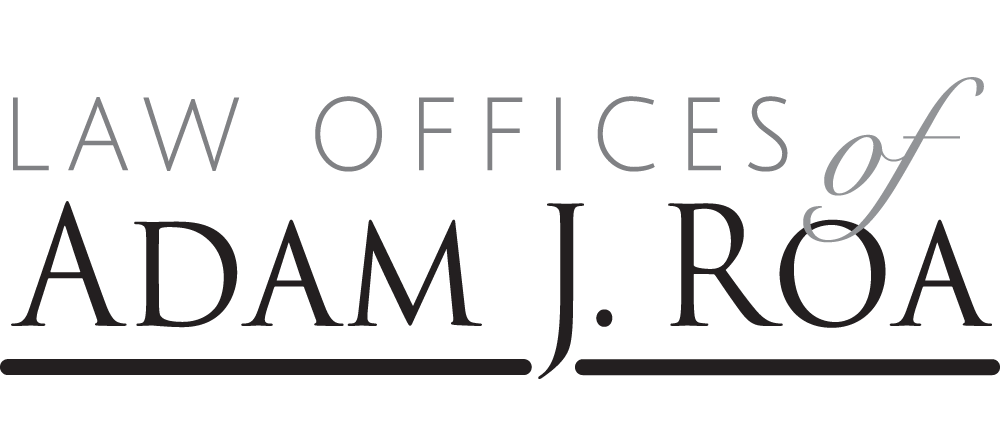Probate: Post-Death Planning
Probate: Post-Death Planning Sometimes a proposed beneficiary distribution needs to be corrected after the death of a loved one. Example 1: Grandchildren Born After the Will Was Signed Probate: Post-death planning. One common circumstance is when a grandparent’s last will and testament clearly indicates that all of her grandchildren will inherit an equal share. She…
